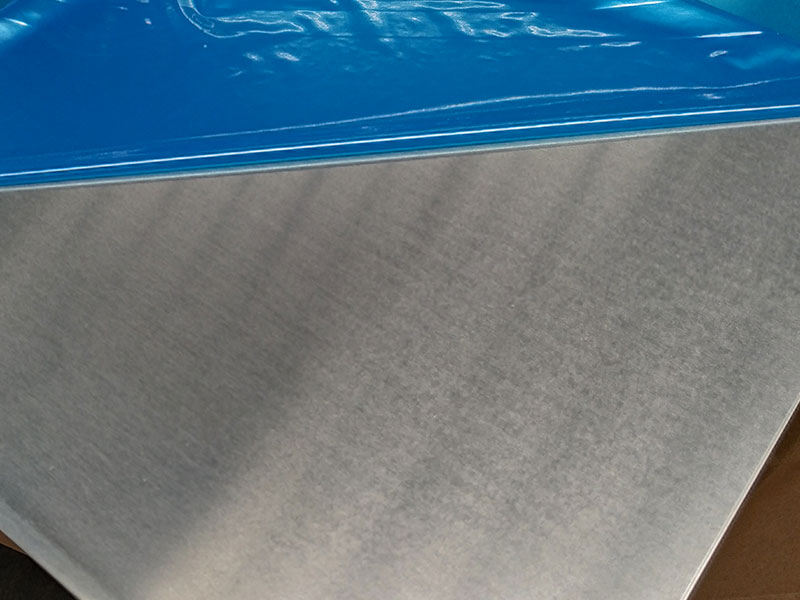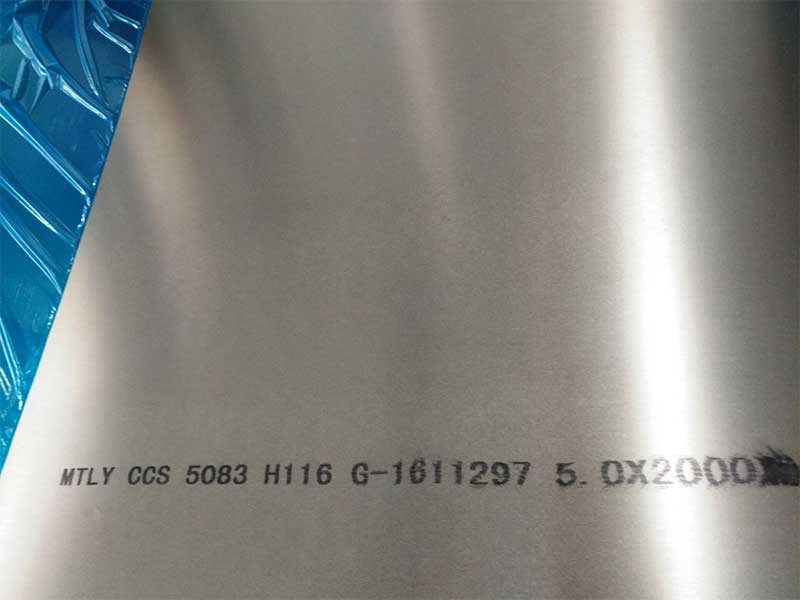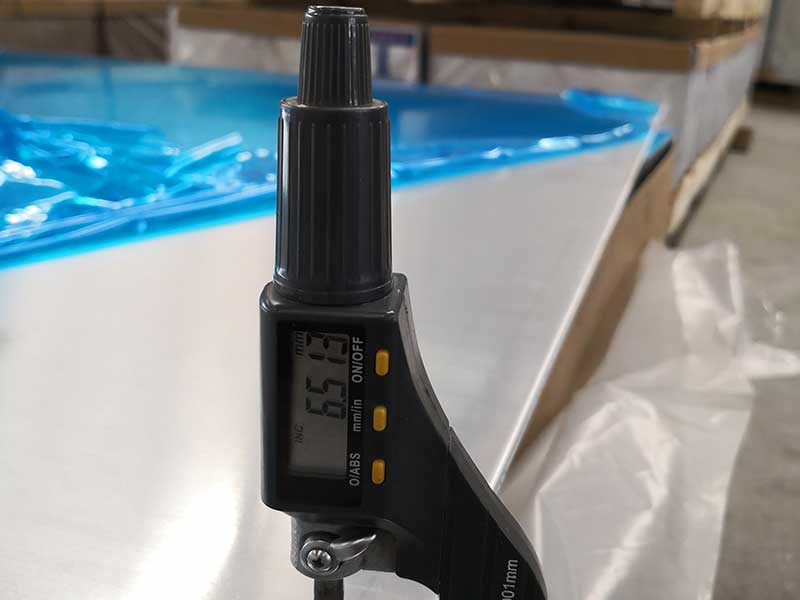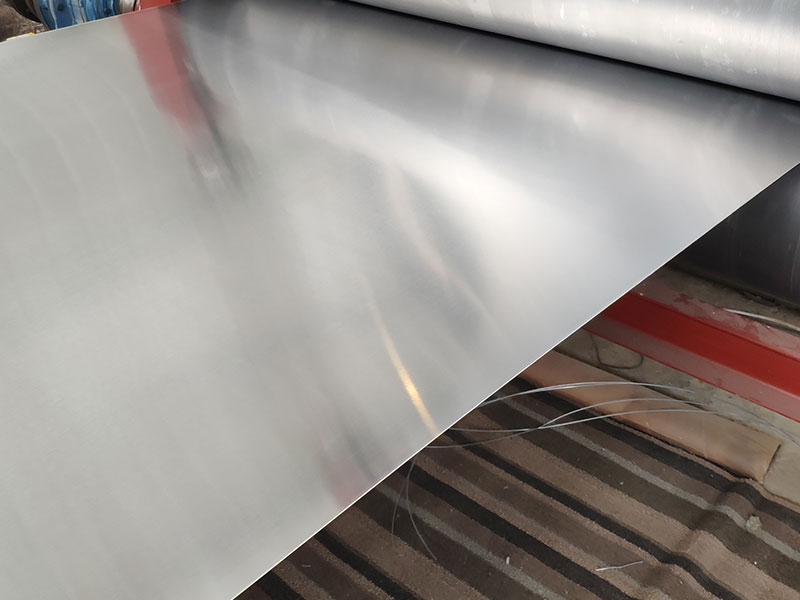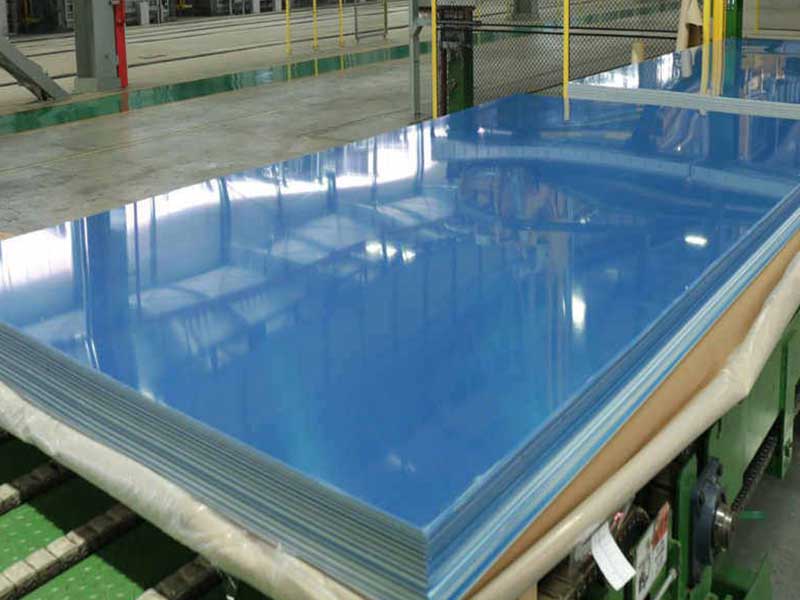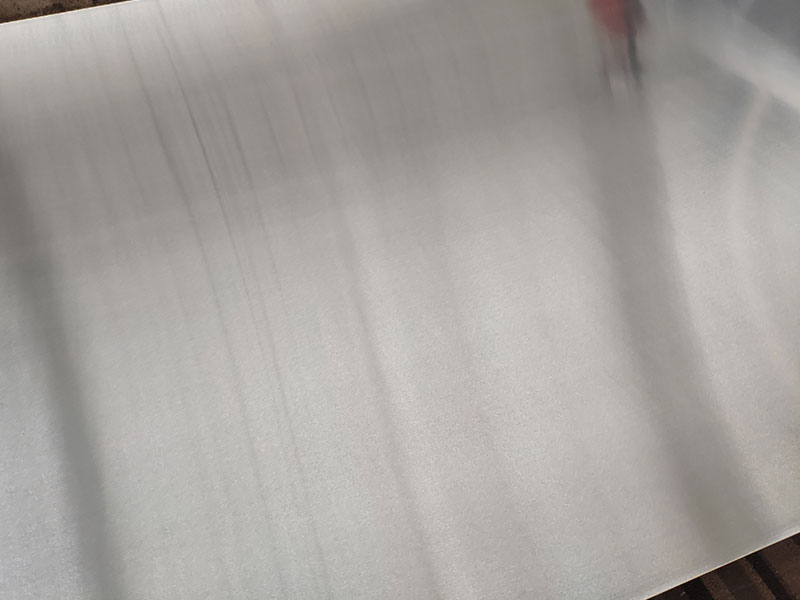Anodized aluminum sheet 7075 7475 7050 7B50 7A55
Unleashing the Potential of Anodized Aluminum Sheets: A Deep Dive into Alloys 7075, 7475, 7050, 7B50, and 7A55
Introduction
Anodized aluminum sheets represent a fortified iteration of conventional aluminum, gaining favor in specialized sectors owing to enhanced properties from the anodization process. Among various alloys available, 7075, 7475, 7050, 7B50, and 7A55 is know due to their strength-to-weight ratios and resistance to corrosion.
The Science Behind Anodization
Anodization is an electrochemical process that builds a protective oxide layer on the surface of aluminum, significantly enhancing its corrosion resistance and surface hardness. It's vital to keep in mind that this process can be easily tailored to achieve varying thicknesses of oxide layers, catering to the specific needs of different applications.
Alloy Breakdown
-
7075 Aluminum Sheet: Known for its incredible strength, the 7075 alloy is composed primarily of zinc (5.1 - 6.1%) and is commonly used in aerospace applications. The anodized version offers an additional layer of protection while retaining the lightweight characteristics inherent in aluminum. The inherent properties of 7075 make it ideal for components such as aircraft structures, military equipment, and automotive parts, where high strength and durability are paramount.
-
7475 Aluminum Sheet: This alloy shares many characteristics of 7075 while providing superior stress corrosion resistance and improved toughness. Its principal applications extend to aerospace aircraft manufacturing parts, serving functions that require both light weight and formidable strength in challenging operational environments.
-
7050 Aluminum Sheet: The differentiator for the 7050 series is its balance of strength and corrosion resistance. It excels in high-stress environments, which makes it preferred for fuselage shells, long-span wings, and other high-strength applications often found in commercial and military aviation.
-
7B50 Aluminum Sheet: 7B50 is recognized for delivering extreme performance and synergistic properties of strength and resistance to stress corrosion cracking. This makes it a reliable option for industries requiring continuously high stress applications, such as in medical devices or where material strength is essential under demanding situations.
-
7A55 Aluminum Sheet: This aluminum alloy integrates elements such as arsenic to prevent strength degradation while enhancing corrosion resistance, giving it an excellent lifespan, especially against the elements. Applications typically involve structural components and critical components where longevity and strength against outside elements are non-negotiable features.
Diverse Applications Empowered by Anodized Aluminum Sheets
The anodized variants of these alloys are increasingly favored across multiple industries owing to the added durable finish. Some of the compelling applications include:
-
Aerospace Components: The unrivaled combination of strength and weight efficiency all along with anodized protection fundamentally supports safety features across aircraft manufacturing, delivery, operational functioning, and longevity expectations. Tail sections, wing structures, and panels exhibit high durability owing to layers of protection.
-
Marine Applications: Due to improved resistance to saltwater corrosion, anodized aluminum sheets are ideal for marine environments, linking navies and recreational crafts alike.
-
Automotive Industry: Modern vehicle enhancement leans heavy into weight savings while boosting toughness. Aluminum alloys provide the desired fuel efficiency while reinforcing frame dual goals of safety and performance.
-
Industrial Applications: Beyond transportation, anodized aluminum sheets helm into construction, tooling, and machinery realms—empowering critical systems with durability against strenuous production cycles and environmental stressors.
https://www.aluminumplate.net/a/anodized-aluminum-sheet-7075-7475-7050-7b50-7a55.html


